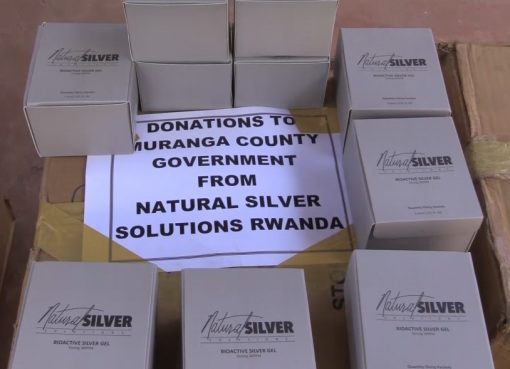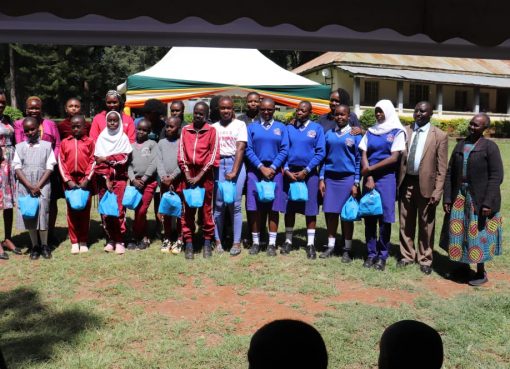The Government has distributed foodstuffs worth Sh23, 052,000 to vulnerable Muslim households during the Ramadhan period to 16 counties across the country.
Principal Secretary (PS) of Culture and Heritage Ummi Bashir said the government started the initiative to have the vulnerable access nutritious meals, as a way to promote religious observance, reduce financial strain, encourage social inclusion, to demonstrate the government’s dedication to fairness, empathy and unity among all citizens.
Speaking during the flagging off of the Ramadhan Special Relief Allocation and commencement of the distribution initiative for Wajir County at the County Commissioner’s Office, PS Bashir said the foodstuffs include 320 bags of rice (50kg each), 800 bags of beans (50kg each), 10 cartons of vegetable oil, boxes of Sardines, 10 bales of Pasta and 120 tons of Kenya Meat Commission corned beef.
“Food will never be enough, but the fact that we have thought of you as the government and made time to come and distribute this food is a very big message we are sending to the people of Wajir,” she stated.
PS Bashir, who was accompanied by Wajir County Commissioner Karuku Ngumo and Wajir East MP Mr. Adan Daud, underscored the importance of assisting the needy and vulnerable, stating, “For us as the government, these are people who mean a lot to us, and the fact that we have recognized them and supported them through Ramadan is something worth noting.”
The PS also issued a challenge to the area Member of Parliament for Wajir East, Mr. Adan Daud, urging him to organize a football tournament in Wajir County.
She said the initiative seeks to empower the youth and address prevalent issues such as drug abuse, violent extremism, rape, and defilement in the region.
Furthermore, the PS emphasized the importance of capacity building for women and girls, advocating for programs such as tailoring and henna applications to enable economic empowerment.
In addressing drug abuse, the PS called upon the County Commissioner to take decisive action, emphasizing that the vice was not part of the cultural fabric of communities residing in Wajir.
By Hamdi Buthul




